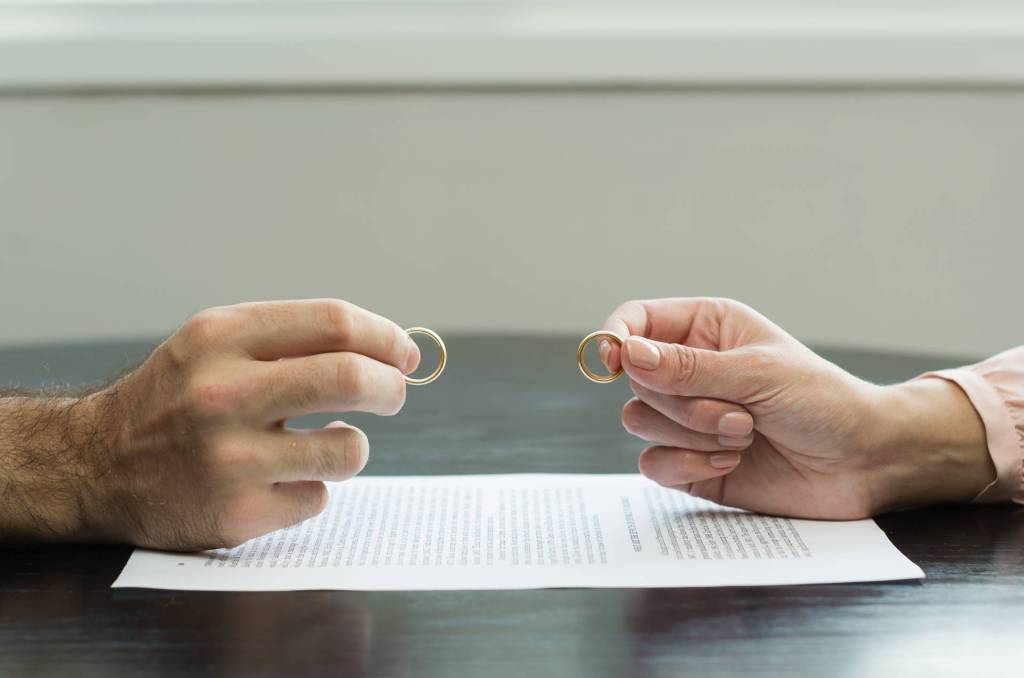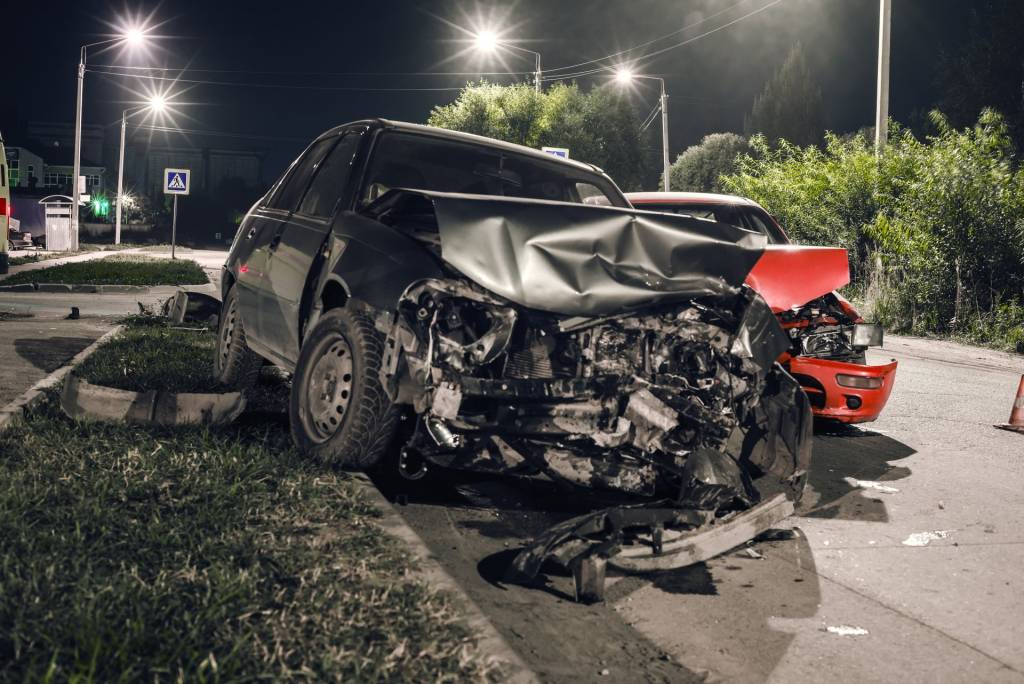It is common to think that the driver who hits the back of another car is automatically at fault for the accident. However, there are scenarios in which the driver in the front can act with negligence. Rear-end accidents may not sound as intense as cars flipping on the highway, but they can still cause severe injuries, like whiplash, spinal cord injuries, and traumatic brain injuries.
Medical expenses for some of these injuries can be high. Save your money by consulting with a Tennessee auto accident lawyer who will help you build a strong case for compensation.
Types of Negligence
There are three main types of negligence for car accidents. It is important to understand the different types of negligence when dealing with complex cases like rear-end car accidents. Contributory negligence is only used by a small number of other states because of how stringent this type of negligence is. For states that use this type of negligence, you will not be able to receive any compensation if you are even partly at fault for the accident.
Tennessee uses comparative negligence, which can be broken down into pure comparative negligence and modified comparative negligence. Comparative negligence can lower how much money you are compensated if you are deemed partly at fault. Pure comparative negligence grants people compensation based on how much of the accident was not their fault. Modified comparative negligence operates the same way, but only applies if you were at fault for less than 50% of the accident.
Rear-end car accidents are more likely to use comparative negligence if the determination of fault is uncertain.
The Tricky Situation of Rear-End Accidents
Several factors come into play when it comes to rear-end car accidents. If you were the driver in front, your lawyer will need to prove the other driver hit you while you were obeying traffic laws. However, if you were the driver in the back, your lawyer will need to prove that the driver in the front was breaking traffic laws.
Cars that stop in the middle of an intersection for no apparent reason could be at fault as much as drivers who hit cars stopped at a stoplight. If a car in front of you hits the brakes for no reason or reverses their car, then you are not at fault because they broke traffic laws. Failing to use turn signals or faulty brake lights can also condemn a car to negligence.





